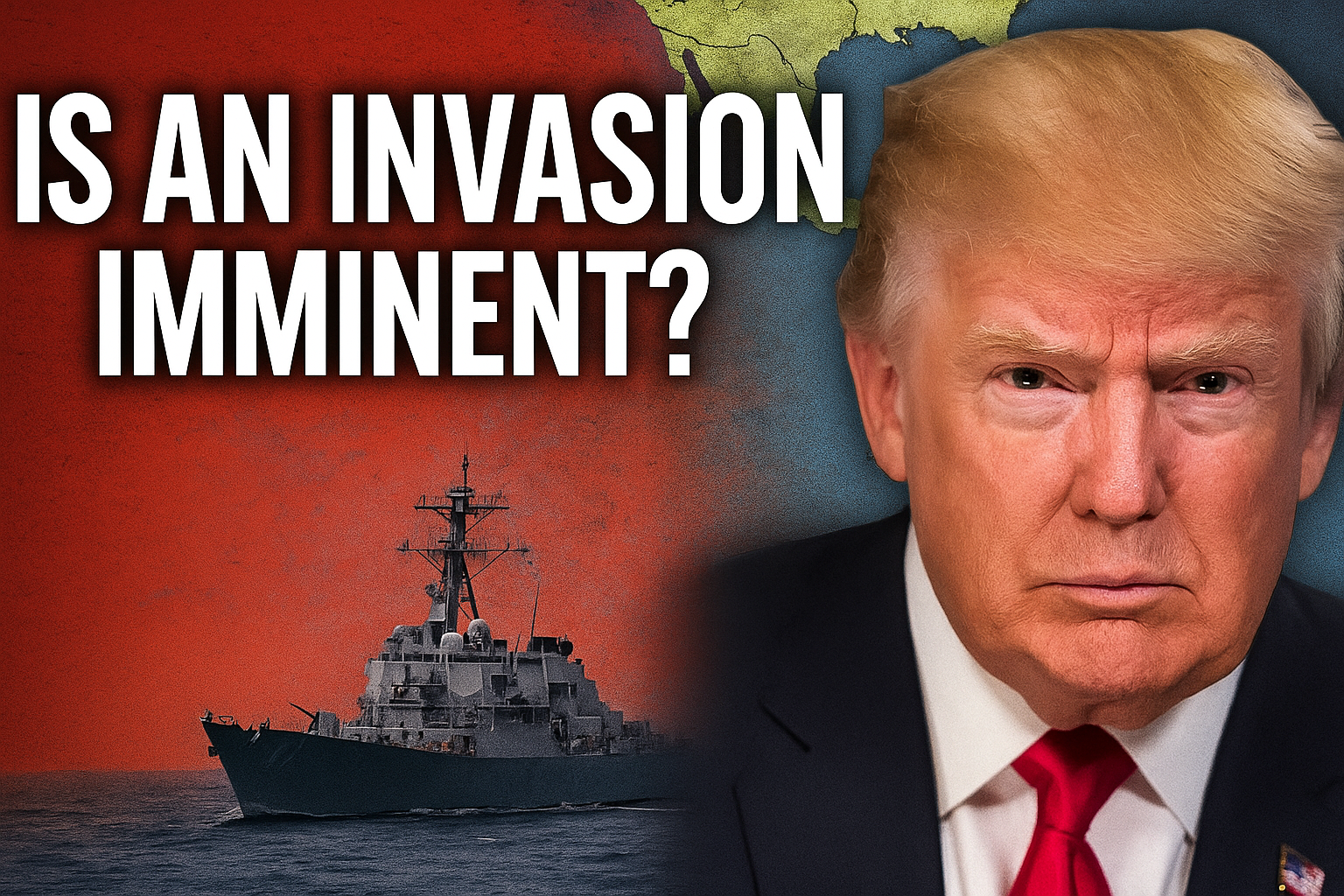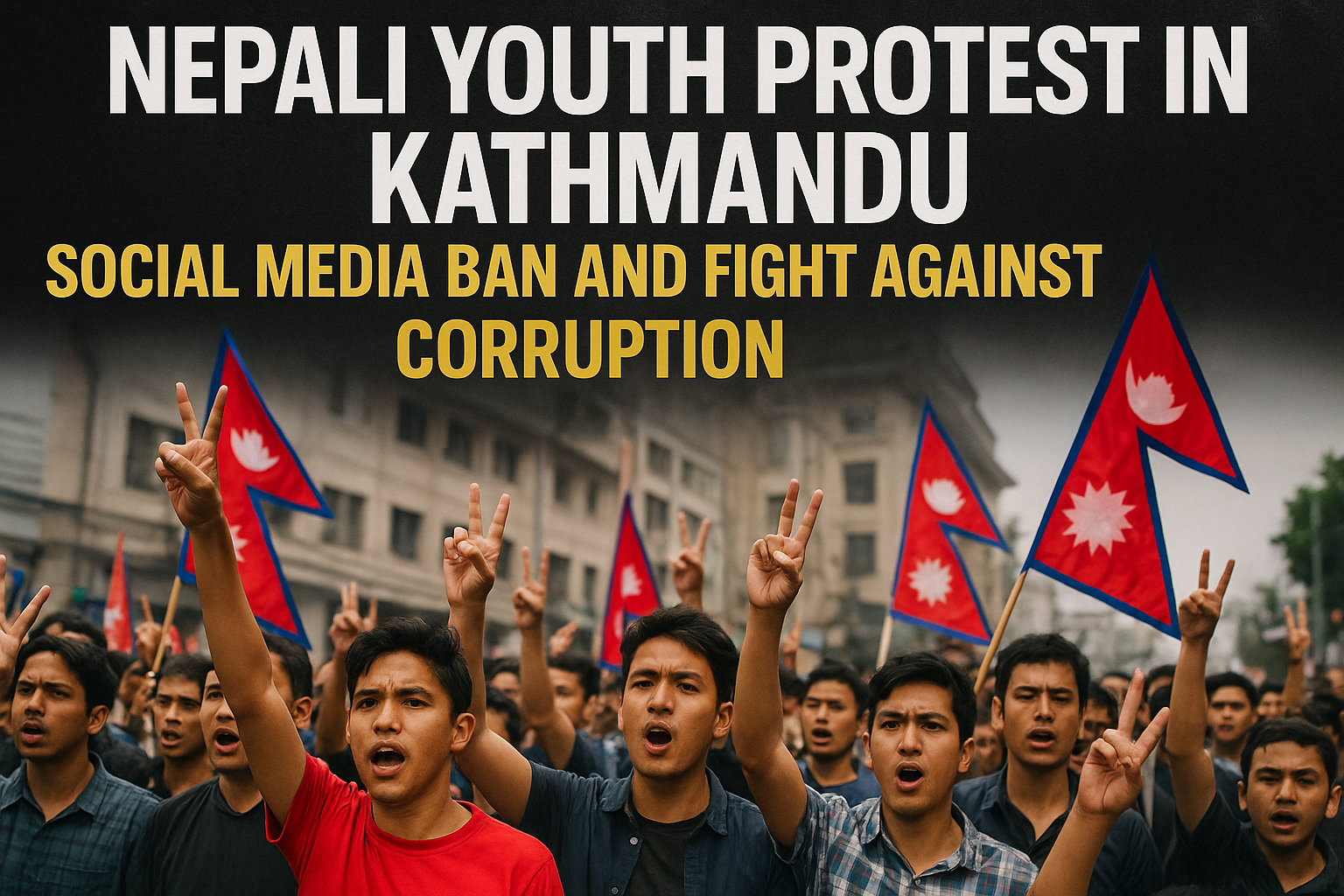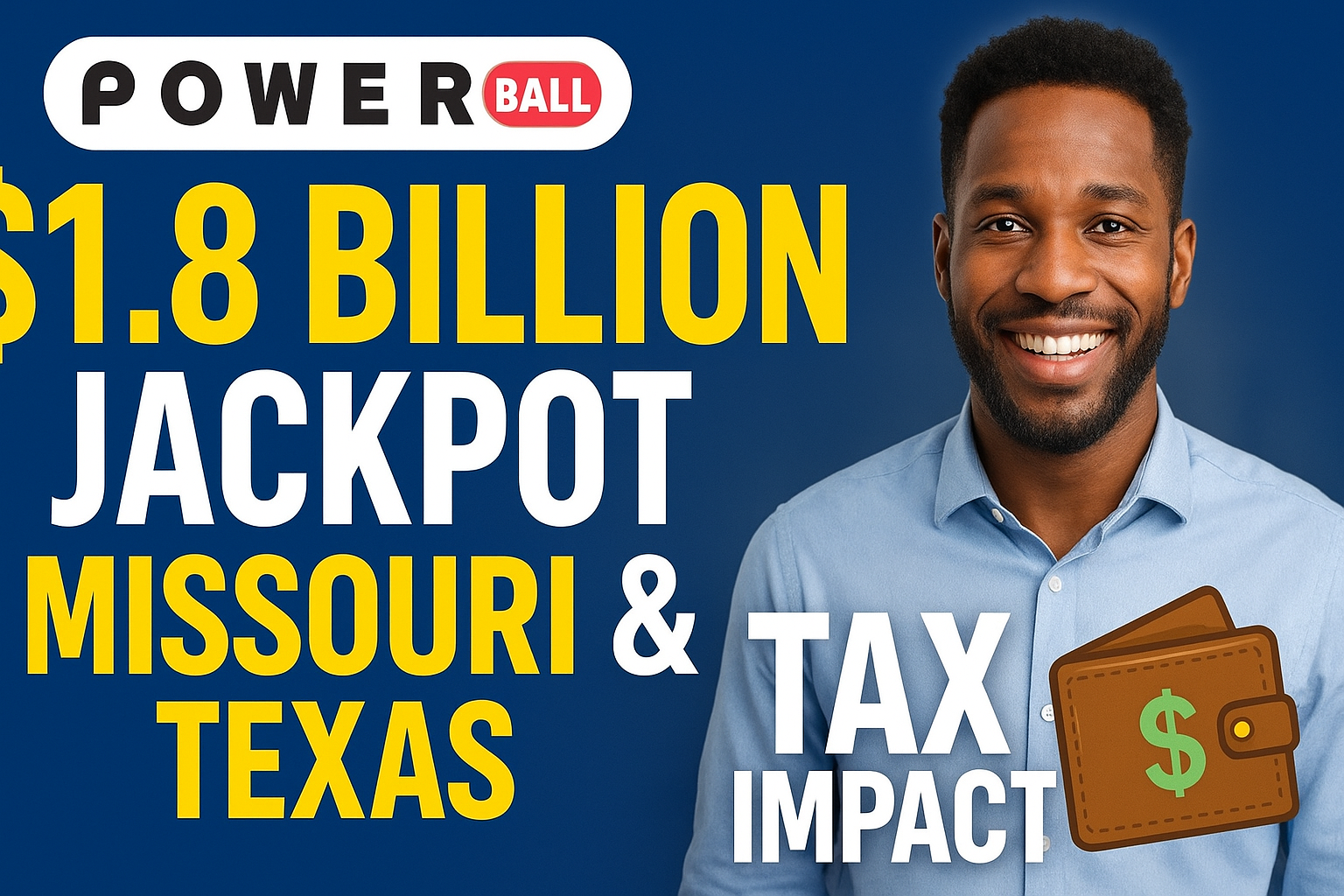Tensions between Venezuela and the United States have increased in recent times, and due to this increasing tension in South America, the United States has deployed warships and a large number of military personnel near Venezuela to combat drug trafficking networks in Venezuela. This situation and the war-like activities have created a different kind of discussion and anxiety in South America. In this blog, we will study and learn about the broader impact of this situation on the United States, South America, Venezuela and the people there, and the entire region as a whole.
Urgent fight against drug trafficking networks
- The US government has launched a military operation against drugs in order to combat drug trafficking. According to Washington, a large organized drug trafficking gang has emerged in Latin America and is posing a threat to Latin America, and Venezuela has become a drug trafficking center for this gang. In recent times, the US has destroyed a drug-carrying boat belonging to a criminal organization called Train de Aragua, killing 11 people, Washington has reported. President Donald Trump has praised this operation.
Could an Invasion Happen Soon?
- Will there be a military strike on Venezuela? Putting an end to various discussions on this issue, American officials and analysts said that there is no planned idea of invading Venezuela. According to current and former government officials, the United States has no desire to declare war in Latin America.
- Nevertheless, various discussions have created an atmosphere of fear among the citizens of Venezuela.
Internal Political, Social & Economic Development in Venezuela
- Maduro’s supporters in Venezuela are expressing the opinion that this US action is a threat to sovereignty. While some people see the US’s intervention in Venezuela as a good opportunity. Venezuela has been in a major economic and political crisis for the past several years. The high inflation and shortage of basic and essential goods there have reduced people’s trust in the government. Even in such a situation, Maduro is stable in power.
Why Now the timing of US Action
- The timing of this operation is significant. The United States has long accused Venezuela of being a safe haven for drug traffickers and of maintaining ties with groups hostile to US interests. By launching a large-scale counternarcotics deployment now, Washington is sending multiple signals:
- Domestic Political Gain: Demonstrating toughness on crime and drugs resonates with US voters. It also fits into Donald Trump’s broader political strategy of portraying himself as a defender of national security.
- Pressure on Maduro: The military buildup increases psychological and diplomatic pressure on Nicolás Maduro. While not an outright invasion, it raises the cost of continued defiance against US-led international pressure.
- Regional Signaling: The deployment reassures US allies in Latin America, particularly Colombia and Brazil, who view Maduro’s government as a destabilizing force in the region.
International Reactions
- Unsurprisingly, the US move has divided global opinion. American allies in Latin America have cautiously supported Washington’s efforts, framing them as part of a broader fight against organized crime. On the other hand, countries such as Russia and China, which maintain close ties with Maduro, have condemned the US deployment as an act of intimidation.
- The United Nations has called for restraint, warning that increased militarization in the region could worsen humanitarian conditions and spark unintended conflict.
The Human Dimension
- Amid the high-level geopolitical maneuvering, it is ordinary Venezuelans who bear the brunt of these developments. The fear of war compounds an already desperate situation marked by poverty, food shortages, and lack of medical supplies. Families are anxious about the possibility of military confrontation, even if experts insist an invasion is unlikely. At the same time, the Venezuelan government’s narrative of looming invasion has created pressure on citizens to demonstrate loyalty by joining militias or attending pro-government rallies. This not only polarizes society further but also puts dissenters at greater risk.
What Lies Ahead?
- The most probable outcome is a prolonged standoff. The US will maintain a visible military presence in the Caribbean and Atlantic as a way to project power and contain illicit trafficking. Venezuela, under Maduro, will continue to use the narrative of foreign aggression to solidify control internally. Opposition groups may see renewed opportunities, but their ability to capitalize on the situation depends on internal unity and international coordination.
- The possibility of a direct military clash cannot be ruled out, especially if another US strike targets Venezuelan-linked operations. However, given the risks of escalation, Washington is more likely to rely on sanctions, diplomatic isolation, and symbolic shows of force rather than committing to an actual invasion.
- The deployment of US warships near Venezuela is a complex maneuver rooted in both counternarcotics operations and geopolitical strategy. While officials deny any plans for an invasion, the move has heightened tensions across the region and fueled speculation inside Venezuela. For Maduro’s government, it offers a convenient narrative to rally domestic support, while for the opposition, it signals that international pressure remains strong.
- Ultimately, this standoff reflects the broader struggle for influence in Latin America—a region where the United States, Russia, and China are all competing for footholds. For Venezuelans, however, it is yet another reminder that their daily lives remain caught between political power struggles at home and geopolitical rivalries abroad.



